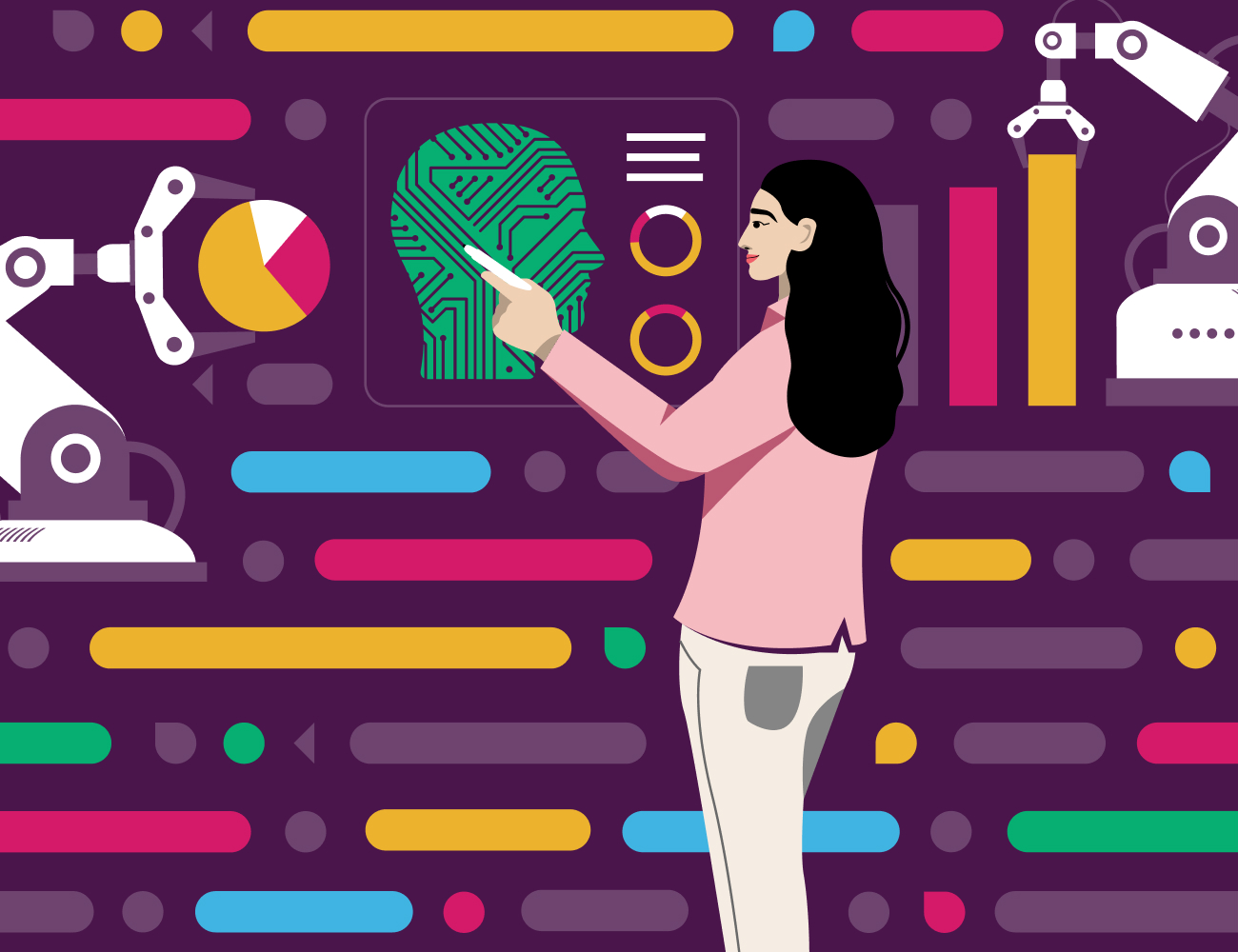New research* finds that a focus on performative work, rather than impact, is holding back UK businesses; leading to them falling behind the likes of Germany, France, India and Singapore when it comes to adopting, and gaining, the efficiency benefits of technological advances in AI and automation.
Based on findings from 2,000 desk workers in the UK, only 21% say their company is using AI tools to improve productivity, compared to 75% in India, 35% in Singapore, 29% in Germany and 23% in France. Meanwhile, 37% of UK workers say their productivity is measured on visibility (i.e. hours spent in the office or online). As a result, almost one third (30%) of the average day is lost to performative work that doesn’t contribute to company goals, but is simply done to appear productive.
38% of UK desk workers state their top barrier to productivity is staying motivated – potentially fueled by a lack of focus on engaging, high-value work. With international comparisons showing the UK employees produce around one sixth less than the US, France, and Germany per hour, the productivity puzzle must be solved.
Automation and AI holds the key to productivity over presenteeism
By using AI and automation, organisations can streamline and accelerate time-consuming and mundane tasks, boosting focus on impactful work:
- Around half (47%) say that using AI will help them to boost productivity
- And by using automation:
– 59% say they can achieve more with less time and resources
– 42% say they can focus on things/tasks that have more impact
– 32% say it improves their work life balance
– 25% say it improves their engagement at work
Despite recognising these benefits, 52% of organisations are less tech savvy when it comes to implementing new tech/AI. A minority (26%) are early adopters, but most need to do more to bring the benefits of streamlined and optimised processes to their workplaces through a central productivity platform.
Executive-employee disconnect on the value of flexibility
Many businesses are continuing to navigate approaches to hybrid work – a factor only complicated by other external pressures like rising economic uncertainty. This may be fueling a focus on performative metrics that aren’t driving real value for workers or businesses.
However, despite the drain of performative work and the potential of AI, executives may be preoccupied with the flexibility question. Their biggest concerns regarding providing flexible hours are a decline in productivity – highlighted by 40% of leaders – followed by coordination being more challenging (36%).
Yet while leaders are concerned about flexibility’s productivity cost, around the same amount of employees (39%) argue they are in fact more productive when able to choose the hours they work.
Industry insight to help solve the UK’s workplace productivity puzzle:
Speaking from Slack’s panel ‘solving the productivity puzzle’ at Salesforce World Tour London:
Slack’s Head of Customer Success Chris Mills commented:
“UK productivity has long been a challenge. With AI and automation, organisations can start piecing together the productivity puzzle by streamlining the mundane tasks that drain days of value. The majority of UK desk workers (83%) say having the right tech to collaborate would boost productivity. By deploying a productivity platform with AI and automations built-in, executives can increase impact, empower employees to deliver on the work that matters to them, and create a clear return for their businesses.”
Dr Alexandra Dobra-Kiel at Behave commented:
“AI is redefining how we work. But we have to build work cultures underpinned by psychological safety so that employees use AI to their advantage, instead of worrying that AI will replace them. That’s why employees should be humble and vulnerable about their weaknesses and strengths so that businesses can train and upskill them; showing employees how to use AI to support productivity by freeing them to focus on the work that matters most.”
Tom Bennett, Senior Director, Workplace Technology at Checkout.com commented:
“AI is an emerging opportunity for a lot of businesses and teams. We need to keep lines of communication open as we start deploying these tools so that we can listen to feedback, refine approaches and keep improving efficiency. Keeping an open mind and embracing flexibility (and shifting strategies if needed) will be key as we all start integrating AI into our working lives.“
Sanj Bhayro, GM of EMEA at Asana commented:
To untap AI’s vast potential to bolster productivity, we have to be responsible in how we develop it. That means having principles that guide use of AI to ensure it helps humanity thrive. This combination of AI, human ingenuity and decision-making, and accountability will help businesses unleash their potential and drive productivity in a way that benefits everyone.
*Research from Slack







